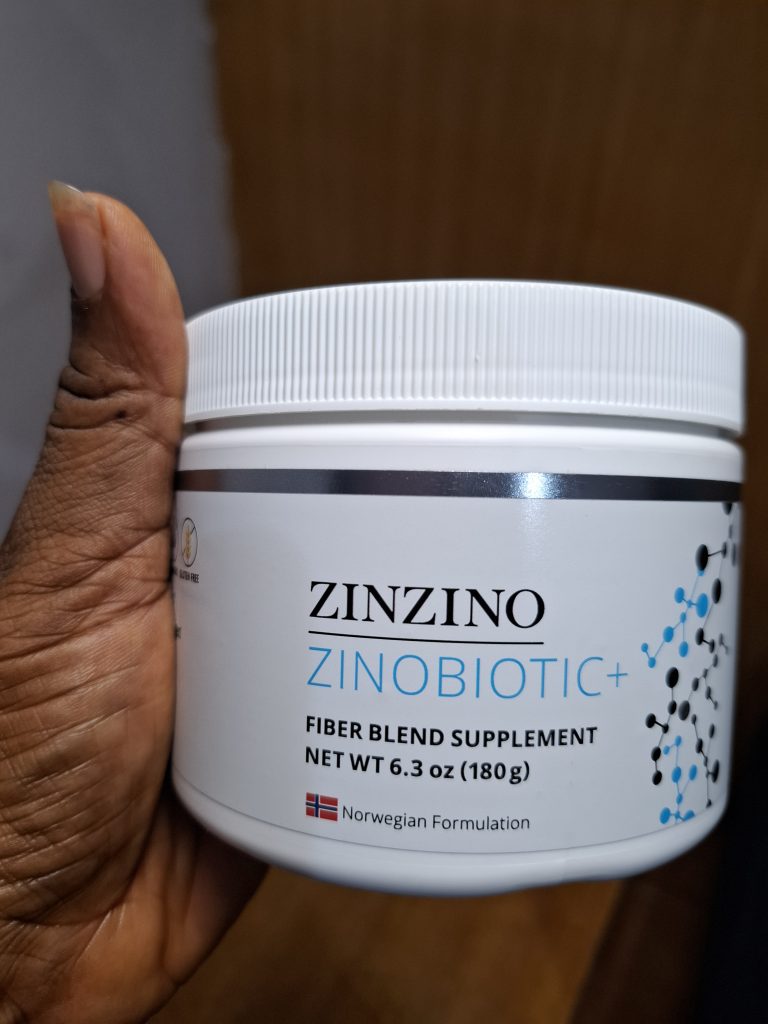Introduction
The connection between gut health and overall well-being is increasingly recognised, particularly in special children. Research shows that gut health plays a crucial role in brain function, mood regulation, and behaviour. Conditions such as autism spectrum disorder (ASD), ADHD, and sensory processing disorders are often linked to imbalances in gut bacteria. This blog post explores the gut-brain connection and how improving digestive health can positively impact behaviour in special children.
Understanding the Gut-Brain Connection
The gut is often referred to as the “second brain” due to its intricate relationship with the central nervous system. The gut microbiome consists of trillions of bacteria, both beneficial and harmful, that influence digestion, immune function, and mental health.
The gut and brain communicate via the gut-brain axis, a complex network involving the vagus nerve, neurotransmitters, and the immune system. When the gut microbiome is unbalanced, it can lead to inflammation, affecting neurotransmitters like serotonin and dopamine, which regulate mood and behaviour.
The Impact of Gut Health on Behaviour in Special Children
Many parents and caregivers of special children notice digestive issues such as bloating, constipation, diarrhoea, and food intolerances. These gastrointestinal (GI) problems are often linked to behavioural challenges. Here’s how gut health influences behaviour:
1. Mood Regulation and Emotional Stability
Neurotransmitters like serotonin (responsible for mood regulation) are primarily produced in the gut. An imbalance in gut bacteria can lead to increased anxiety, irritability, and emotional outbursts in special children.
2. Hyperactivity and Attention Deficit
Children living with Attention Deficit Hyperactivity Disorder (ADHD) often experience gut dysbiosis (imbalance of gut bacteria). Research suggests that inflammation in the gut can contribute to hyperactivity, impulsivity, and difficulty concentrating. Probiotics and prebiotics may help restore balance, supporting better focus and impulse control.
3. Sensory Processing and Behavioural Challenges
Many children with Autism Spectrum Disorder and sensory processing disorders have heightened reactions to stimuli. Poor gut health can exacerbate sensory overload, meltdowns, and rigidity in routines. A well-balanced gut microbiome may help regulate sensory responses and improve adaptability.
4. Sleep Patterns and Restlessness
The gut produces melatonin, the hormone responsible for sleep regulation. Children with gut imbalances often suffer from sleep disturbances, night waking, and difficulty falling asleep, leading to daytime fatigue and behavioural issues.
5. Digestive Discomfort and Behavioural Responses
Children with gastrointestinal distress may exhibit self-injurious behaviour, aggression, or withdrawal due to physical discomfort they cannot fully express. Addressing gut health can alleviate these symptoms, resulting in calmer, more comfortable children.
Strategies to Improve Gut Health in Special Children
Optimising gut health requires a combination of diet, supplements, and lifestyle changes. Here are some effective strategies:
1. Introduce Probiotic and Prebiotic Foods
- Probiotics (good bacteria) help restore gut balance. Sources include yoghurt.
- Prebiotics (fibre-rich foods that feed good bacteria) include bananas, garlic, and onions.
- Consider Zinzino Zinobiotics and Zinzino Balance Oil, which support gut and brain health with essential omega-3s and antioxidants.
2. Reduce Processed and Artificial Foods
- Avoid foods high in refined sugars, artificial additives, and preservatives, as they can contribute to inflammation and behavioural changes.
- Opt for whole foods, fresh fruits, and lean proteins to support a balanced gut microbiome.
3. Eliminate Potential Food Triggers
- Many children with special needs have food intolerances to dairy, gluten, or soy, which can cause gut inflammation.
- Consider an elimination diet to identify foods that may trigger digestive or behavioural symptoms.
4. Encourage Hydration and Fibre Intake
- Ensure adequate water intake to support digestion and prevent constipation.
- Fibre-rich foods like whole grains, fruits, and vegetables promote healthy bowel movements and gut flora balance.
5. Use High-Quality Supplements


- Zinzino Zinobiotics which contains a blend of dietary fibres that promote healthy digestion, reduce inflammation, and improve gut-brain communication, leading to calmer behaviour and better focus in children.
- Zinzino Balance Oil provides omega-3 fatty acids that support brain function and reduce inflammation.
6. Promote a Healthy Sleep Routine
- Establish a consistent bedtime routine to help regulate melatonin production.
- Reduce screen time before bed, as blue light can disrupt sleep patterns.
- Consider chamomile tea or magnesium supplements for relaxation.
Parental Tips for Managing Gut-Related Behavioural Changes in Special Children
Parents and caregivers play a crucial role in supporting gut health and managing behavioural challenges. Here are some practical tips:
- Keep a food and behaviour journal to track patterns and identify potential food triggers.
- Introduce dietary changes gradually to allow the child’s digestive system to adapt.
- Encourage mindfulness and relaxation techniques, such as deep breathing and yoga, to reduce stress and aid digestion.
- Seek professional guidance from a paediatric nutritionist or integrative health practitioner for personalised support.
Conclusion
The link between gut health and behaviour in special children is undeniable. By focusing on a balanced diet, gut-supporting supplements like Zinzino Zinobiotics and Zinzino Balance Oil, and healthy lifestyle habits, parents can help their children improve digestion, mood stability, and overall well-being.
While every child is unique, small changes in gut health can lead to significant improvements in behaviour, focus, and emotional regulation.
If you’re looking for expert guidance on improving your child’s gut health, reach out to Complete Wellness Global Concept today for personalised advice and high-quality nutritional solutions. Your child’s journey to better health starts from the inside out!
